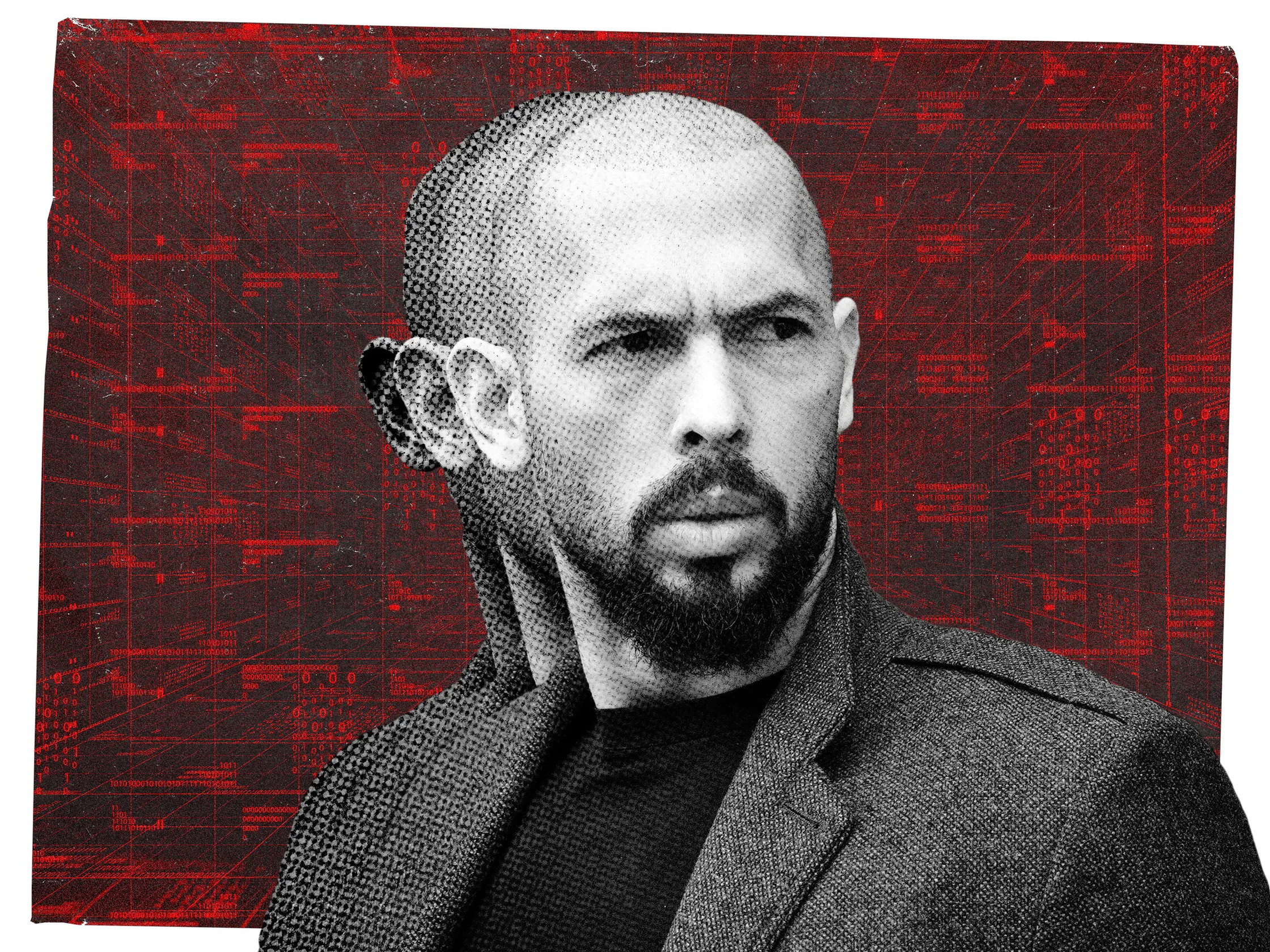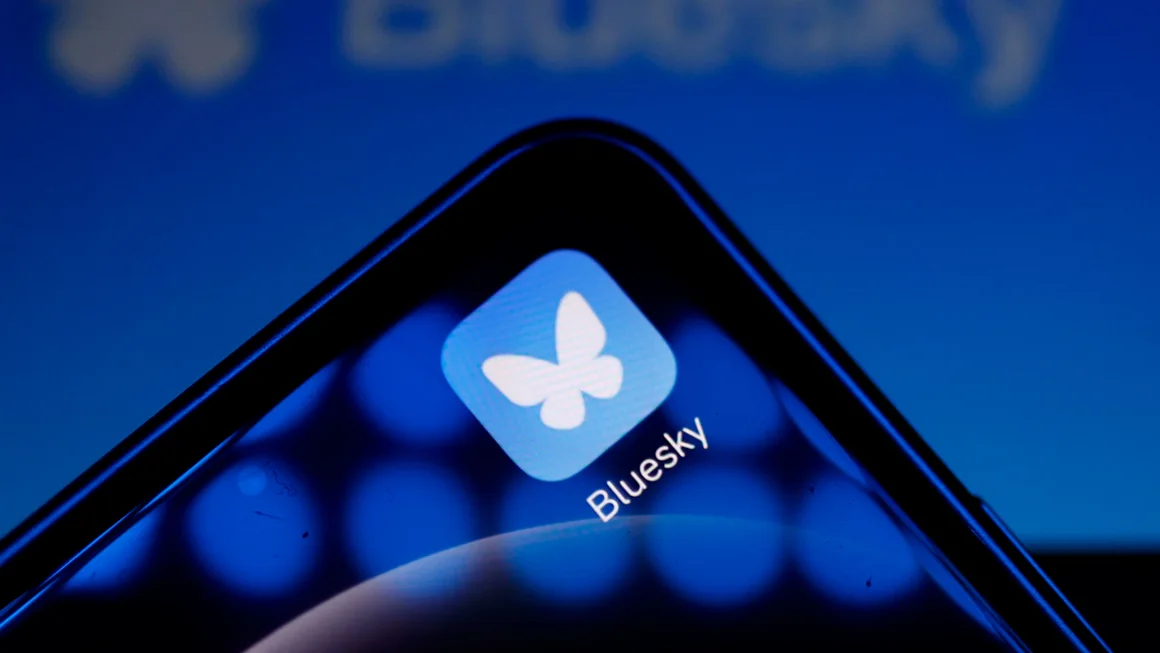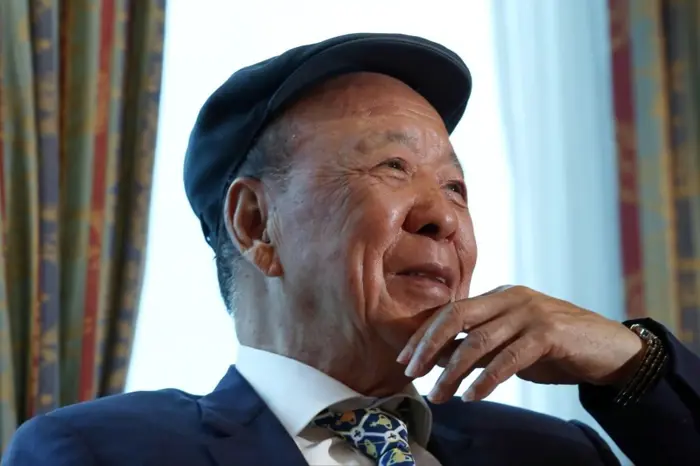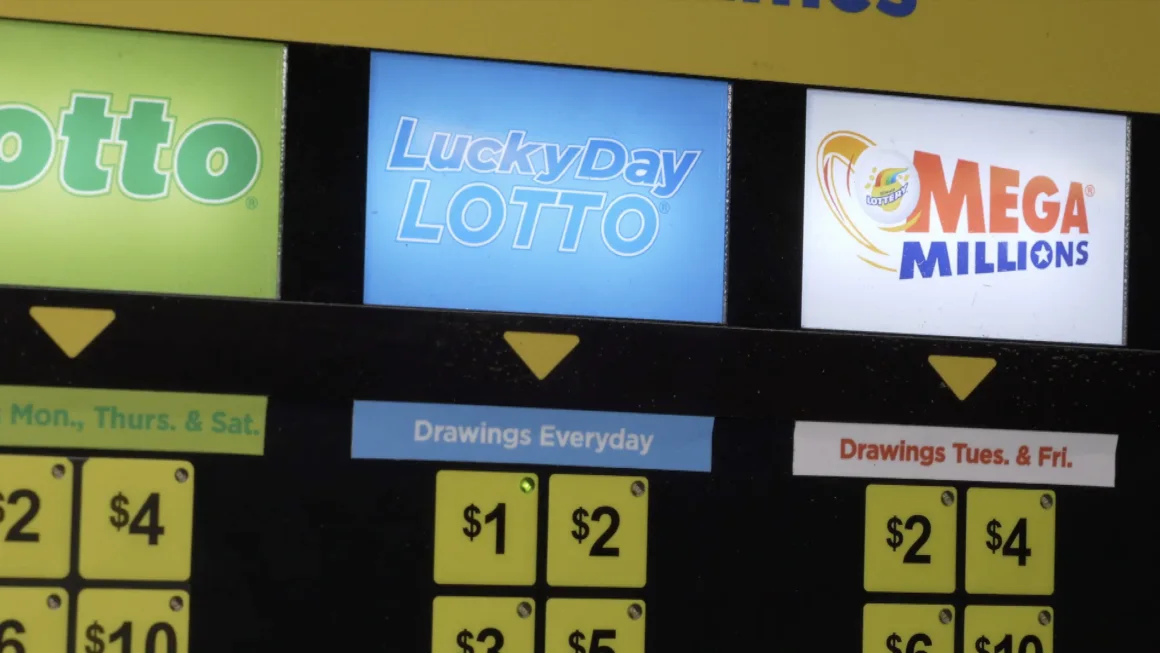How ReelShort CEO Joey Jia Used a Chinese Trend to Disrupt the U.S. Entertainment Industry
November 11, 2024 at 2:10 PM
8 minutes read

The plot of “The Double Life of My Billionaire Husband” unfolds in just over 90 seconds, yet captivates audiences with its drama-packed storyline. A young woman, desperate to pay for her mother’s kidney treatment, begs her father and cruel stepmother for $50,000. Her stepsister smugly proposes a solution: marry the outcast son of a wealthy family. Faced with few options, the protagonist reluctantly agrees.
This micro-drama, which airs on the ReelShort app, has amassed over 419 million views, outshining the first season of Netflix’s Squid Game, which had 265 million views. ReelShort’s popularity stems from the rising demand for “micro-dramas” in China—a trend that Joey Jia, CEO of Crazy Maple Studio, has successfully introduced to the U.S. market. Jia believes that short-form, vertical video content is the future of entertainment.
“Amid the rise of short-form videos on platforms like TikTok and Douyin, I saw an opportunity to bring bite-sized dramas to the U.S.,” says Jia. “The global appetite for engaging, seconds-long stories is growing rapidly.”
A New Approach to Content Creation
Jia’s journey began with Crazy Maple Studio’s visual novel platform, Chapters, but he soon realized that the short-form content model was taking off in China. Inspired by influencers creating mini-dramas on platforms like Douyin, Jia decided to bring this format to Hollywood. When traditional media channels were reluctant to distribute low-budget, short-form dramas, Jia launched ReelShort to bring the concept to American audiences.ReelShort specializes in genres like billionaire romances, werewolves, and revenge plots—genres proven to capture viewers' attention quickly. “Our stories are crafted to grab attention immediately,” Jia explains. “Once viewers start watching, they’re compelled to keep going.”
Low-Budget, High-Impact Productions
One key to ReelShort’s success is its low production cost. The average show on ReelShort costs under $300,000 to produce, as the company focuses on storytelling rather than star power. “Unlike traditional film studios that rely on celebrities to attract viewers, we invest in compelling stories,” says Jia. “Our goal is to create content that drives ‘impulse purchases’—the kind of story people can’t resist buying into.”Data-Driven Storytelling
ReelShort leverages data to refine its content. Production cycles are condensed to three months, allowing the company to quickly assess audience feedback and make improvements. “After three months, we have detailed insights—how many people paid for the content, where viewers dropped off, and why they stayed,” says Jia. “This allows us to iterate and optimize content based on real-time data.”This approach enables ReelShort to react swiftly to market demands, which Jia believes gives the company a significant advantage over traditional media platforms like Netflix. “We have the flexibility to rework stories based on audience feedback, something legacy media can’t do as efficiently.”
The Future of Entertainment
Jia envisions ReelShort becoming a platform for “professional user-generated content” (PUGC), bridging the gap between TikTok’s influencer-driven videos and Netflix’s high-budget productions. “Our goal is to provide a distribution channel for professional content creators who don’t have Hollywood budgets but have stories worth telling,” he says. “In five years, I hope ReelShort will be a go-to platform for diverse, high-quality short-form content.”While ReelShort’s model draws comparisons to failed short-form ventures like Quibi, Jia is confident his platform will thrive. “The market is constantly evolving, and we’re committed to staying ahead of it,” he notes. “Our strategy revolves around delivering engaging stories efficiently and keeping a pulse on audience preferences.”
With ReelShort’s rapid growth and data-driven approach, Jia is optimistic about the platform’s potential. “We want ReelShort to become a major entertainment hub for modern audiences, where creators can reach fans and continue to innovate,” he says.
As micro-dramas continue to gain popularity, ReelShort’s success signals a shift in the entertainment landscape, one where short-form video could rival traditional streaming services.
Up next

Barclays Reshuffles APAC Investment Banking Leadership to Boost Regional Presence
July 3, 2025
3 minutes read






Elon Musk Faces Backlash Over Comments Targeting Government Employees
November 27, 2024
2 minutes read


Major Cybersecurity Concerns Highlighted in Andrew Tate Hack and Undersea Cable Incident
November 25, 2024
2 minutes read



DirecTV and Dish Network Merger Cancelled Amid Regulatory and Financial Challenges
November 22, 2024
2 minutes read

Deportation Concerns Loom Over U.S. Labor Market Amid Worker Shortages
November 21, 2024
2 minutes read

Comcast Explores Spinoff of NBCUniversal's Cable Division Amid Industry Changes
November 20, 2024
2 minutes read


Economic Concerns Arise Over Trump’s Deportation Plan Amid Grocery Price Inflation
November 19, 2024
2 minutes read



China Challenges Western Duopoly in Civil Aviation with C919 Aircraft Launch
November 17, 2024
2 minutes read

Disney’s Earnings Offer Hope for Streaming Amid Decline of Traditional TV
November 15, 2024
2 minutes read

Bluesky's User Base Doubles as Users Flee X Amid Trump Influence and Content Shifts
November 14, 2024
2 minutes read


Ringgit Opens Slightly Higher Against US Dollar Ahead of Key Inflation Data
November 13, 2024
2 minutes read

7-Eleven Owner Considers Historic $58 Billion Buyout to Go Private in Japan
November 13, 2024
2 minutes read


U.S. Regulators Investigate Engine Failures in 1.4 Million Honda Vehicles
November 12, 2024
1 minutes read

Woman Discovers Forgotten Lottery Ticket in Her Purse, Wins $1 Million
November 11, 2024
2 minutes read